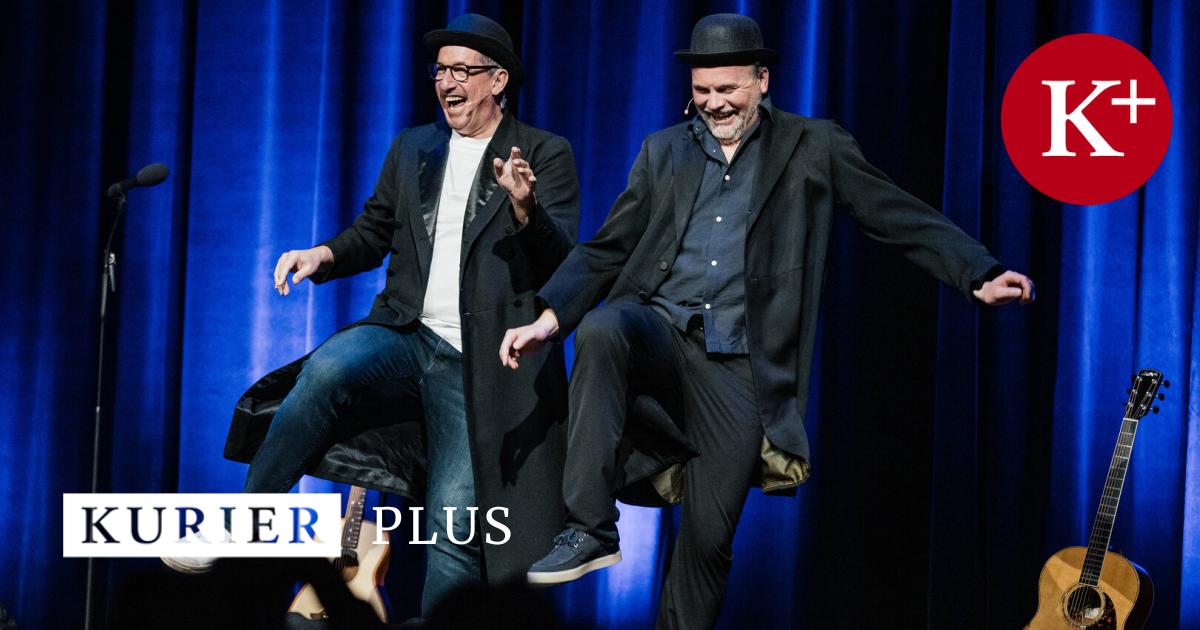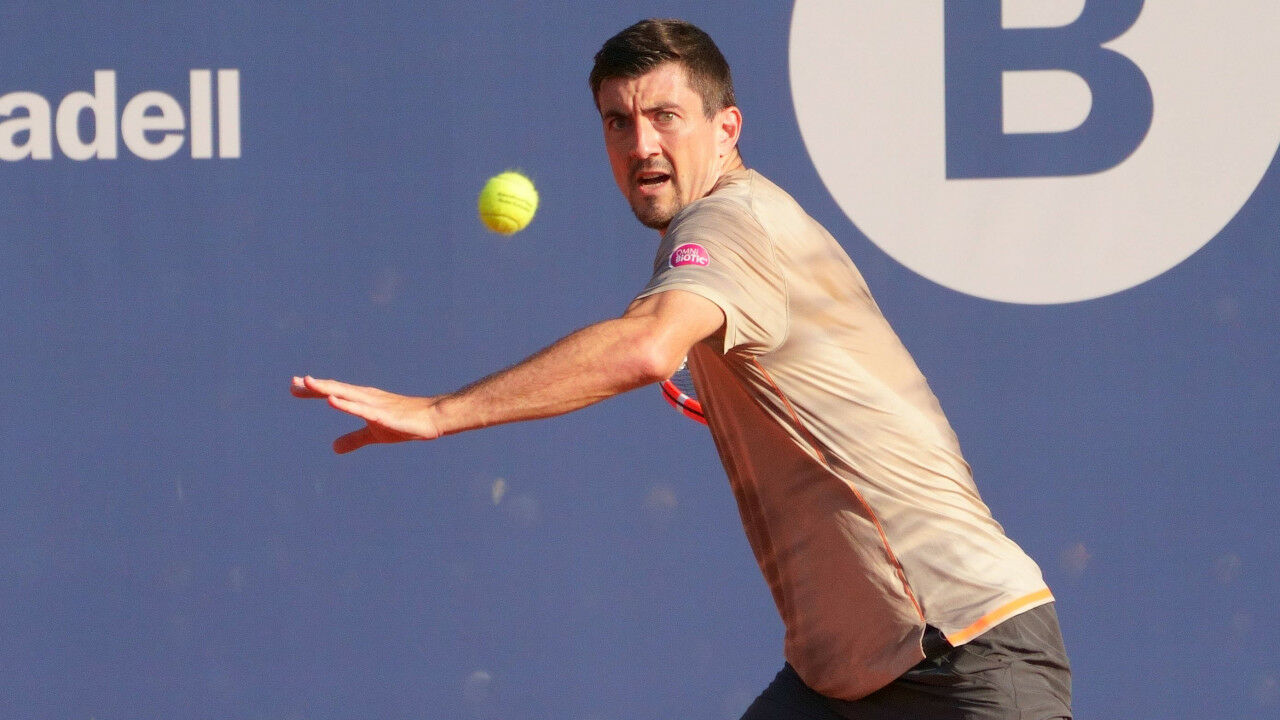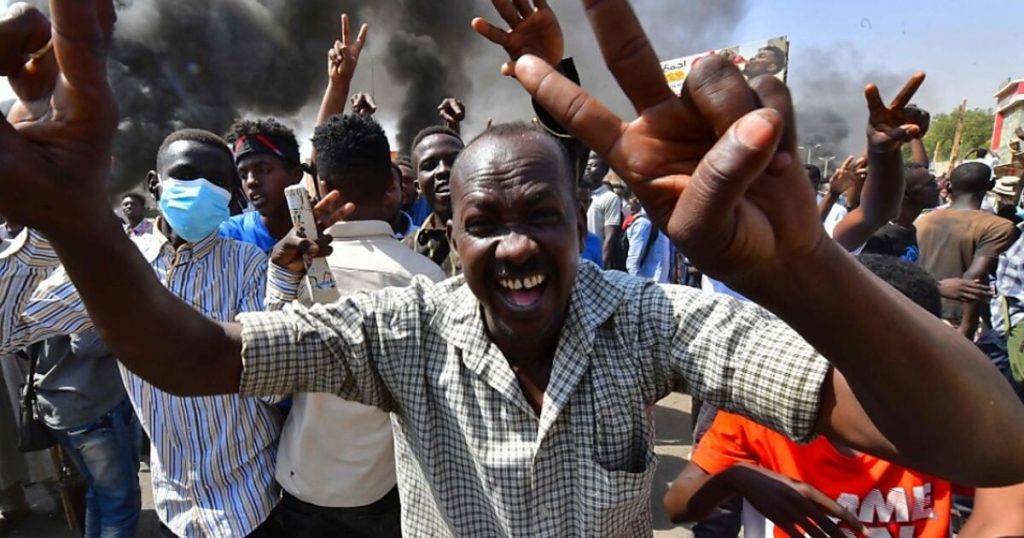The protests against the military coup in Sudan resulted in deaths and injuries. A spokesman for the Ministry of Health spoke of seven dead and about 140 wounded on Monday evening. The army had previously dissolved the interim government and arrested the prime minister. According to UN information, the armed forces are now supposed to control Khartoum. The international community was alarmed by the events.
The German UN special envoy to Sudan, Volker Perthes, said on Monday that the airport and important bridges are in the hands of the army. The United Nations has not had contact with military leaders since Sunday.
The highest general in Sudan, Abdel Fattah Al-Burhan, had announced earlier the dissolution of the transitional government and the Transitional Sovereignty Council on official television, and announced the formation of a new government with “competent people”. The military is holding ousted Prime Minister Abdalla Hamdok and other civilian members of his government at an undisclosed location. With actions he wanted to “correct the course of the revolution,” Burhan assumed. At the same time, he stressed that he would continue to support “a transition to a civilian state and free elections in 2023” – although he released all those responsible for this from their duties.
The Ministry of Information spoke of a “coup”. Consequently, internet services were halted across the country and important roads and bridges were closed. Hamdok’s office called on residents to demonstrate “by all peaceful means” in order to “return their revolution from thieves.”
Internationally, there has been heavy criticism of the events in Sudan. The United States, the United Kingdom and Norway condemned the coup and expressed deep concern about the situation in the North African country. They demanded the immediate release of Hamdok, members of the government, and civilians arrested, according to a joint statement of the three countries published by the US State Department on Monday.
UN Secretary-General Antonio Guterres also condemned the coup and demanded Hamdok’s immediate release and respect for the “constitutional charter”. The UN Security Council is due to deal with the situation in an emergency meeting on Tuesday. At the request of the USA, Great Britain, France, Estonia, Ireland and Norway, the most powerful body of the United Nations is expected to meet behind closed doors in New York in the afternoon, the German news agency has learned from diplomatic circles.
The European Union’s foreign affairs representative, Josep Borrell, and French President Emmanuel Macron, also called for Hamdok’s release. Great Britain also strongly criticized the coup. “Today’s action by the military means an unacceptable betrayal of the Sudanese people and their path to democracy,” State Department Secretary of State Vicki Ford said in Parliament in London. “We are also deeply concerned about reports of protesters being shot. This must stop,” he added.
Meanwhile, the United States acted on its threats and suspended $700 million in economic aid. A State Department spokesman in Washington said the amount should support a democratic transition. He added that no money has been transferred yet.
In Sudan, after President Omar al-Bashir was ousted in 2019, a sovereign council took over the affairs of state, with the military and civilians sharing power. Since then, the country has been in a fragile transition that should end with the formation of a civilian government in 2023. High inflation, economic problems and deep political divisions are exacerbating the situation.
In the past week, tens of thousands of Sudanese took to the streets in several cities to demand the handover of power completely to the civilian population. But other demonstrators demanded a return to “military rule” during a sit-in that lasted for several days in front of the presidential palace in Khartoum.

“Food practitioner. Bacon guru. Infuriatingly humble zombie enthusiast. Total student.”







More Stories
The tax burden remains high compared to OECD countries
EU Parliament waves more flexible environmental standards in agriculture – Agriculture
Spanish Prime Minister Sanchez suddenly suspends official work